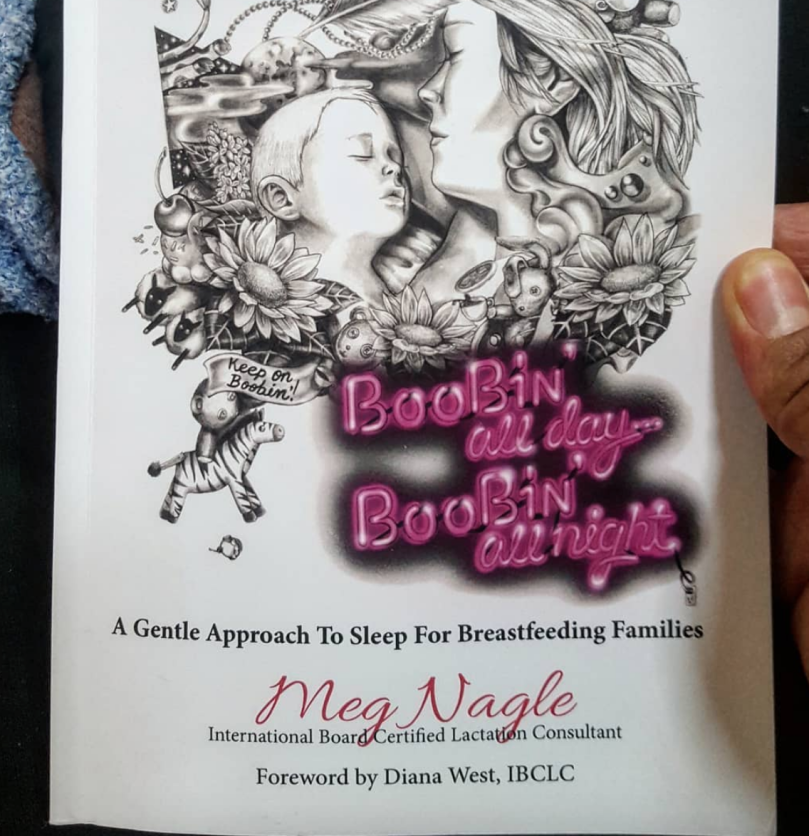First off, it’s been a while! I kind of fell off the face of the earth for a year there as I struggled with sleep deprivation, postpartum anxiety and depression, isolation, moving, you name it! I’m finally starting to get my energy and whatnot back and so here I am diving back in though, so many things have changed. A quick catch-up:
- we finally make the leap and moved back to Maryland (though we may be moving again soon to buy a house!)
- we are renting in my old childhood neighborhood so we see my parents fairly often
- the little one is approaching her 2nd birthday, and being fully immersed in toddler life is very different than life with a baby
- I now have access to land (even if I’m just renting it) and so I’ve been getting my hands dirty and gardening a lot more
- I have also started foraging, which has opened up a whole new world for me about our food supplies and patterns of consumption in society (more on that later)
- I started (and completed) a death doula training. I’m still not exactly sure where it will take me, but it was a huge eye opener for me in so many ways, which I’ll try to explain in the coming months
- I started working with a Restorative Exercise Specialist for my postpartum recovery
- I am in the middle of becoming a breastfeeding counselor (but taking it slow and steady)
- and of course, we are in the middle of the COVID-19 pandemic that effectively shut the world down, which has been insanely taxing on everyone
Now that that update is done, we can jump right in now with the book! Actually, first I have a bone to pick. Let it be known that every parent’s baby feeding journey is different. Because of this, it can be really difficult to receive advice/information/comment from people try to apply their beliefs or experiences/what they’ve heard on someone else. The best solution is to not do that. Instead, just listen as, in this case, a maternal figure may explain their difficulty with breastfeeding and sleep. Clear your mind and just listen. Alright, now I begin.
Personally, I really enjoyed reading this book. It’s written by an IBCLC (an international board-certified lactation consultant, for those, like me, who hate acronyms).

The IBCLC certification is obtained after completing 1 of 3 specific pathways. Either choice, they all require amassing crazy amounts of hours working with lactating women (500-1000 hours in 5 years depending on the pathway), taking 14 health science courses, and completing 90 hours of lactation education. Then, with all that done, the next step is to take a crazy long exam and wait months to hear the results. If you pass, you are officially an IBCLC, which is a health professional (they often work as entrepreneurs, or in hospitals (you generally see one before you can be discharged, post-birth to address feeding your infant), or even in pediatric facilities (usually by referral from the pediatrician, or request of the parent).
With that explanation done, I don’t think that every mothering womxn will like or agree with it, but it definitely resonates with a certain vein of that population. Nagle addresses how to breastfeed and sleep train, in the loosest sense of the words.
She addresses the fears a mother may have that their child is not behaving as society tells us they should, that they want to be comforted by breastfeeding, etc, and that’s okay, and biologically normal.
Her words are reassuring to a specific type of anxiety that is present in parents who wants to breastfeed and/or who wants to continue that journey but has been inundated by the errant comments like “you shouldn’t breastfeed past x age or they’ll never stop”, “don’t soothe your baby by breastfeeding- they won’t learn to self soothe”, “your baby still isn’t sleeping through the night?!” I’d also recommend it to anyone who has ever said those comments or thought them. Breastfeeding is a biological function and a personal choice. We all need to live and let live a little more when it comes to this topic.
Does she give the A to Zs about the chair method, extinction/cry it out (CIO) methods, the Ferber method, or other ways of sleep training that are so common? No. This is not that kind of book.
I think it helps if you come at this book thinking it is a resource that helps you assuage panic and feel empowered to say things like, “oh right, it’s not weird that my 3-year old still wants to breastfeed, and my choice to continue or not should be based on my own opinion, not what others have told me is ‘right’ or ‘normal’.”
In other words, I think this book is awesome because it can make you feel like you have a choice, when you might be feeling otherwise based on the comments you received (and I fully understand that mothers who have made other choices get just as much sh*t. There is a constant struggle to police womxn for their choices around feeding their babies, but the whole point of us being a super-connected, educated, research and experience-filled world was to allow us to have more options and freedom, and less judgement. I will stop my diatribe in a moment, but I can’t emphasize enough how it is so important to help empower moms to understand all their options, not demonize the choices they make). End rant.
Note: If you are interested in learning more about IBCLC’s and what they do, here is the link for you.
